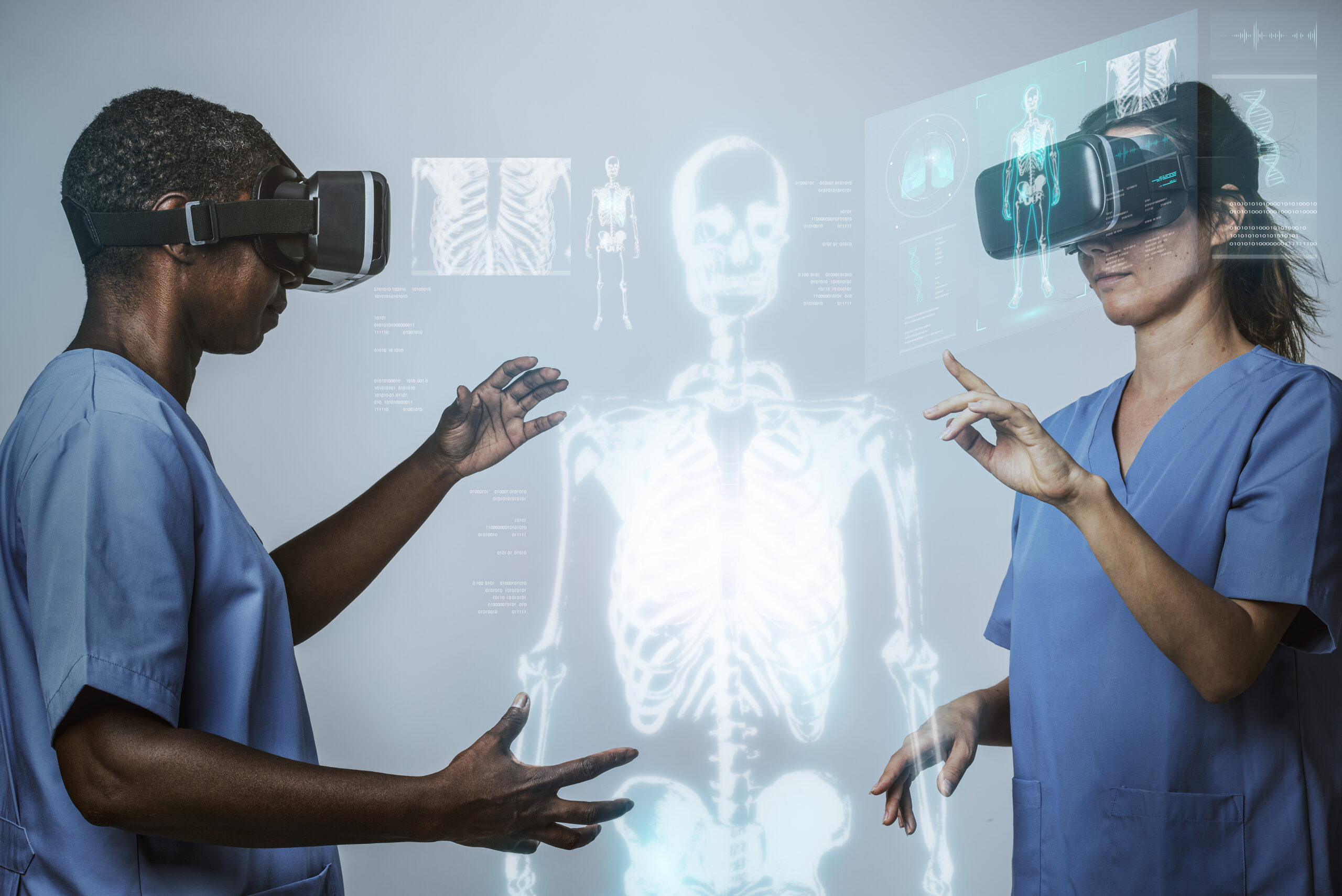Artificial intelligence (AI) has become a transformative force in the healthcare industry, changing the way healthcare works and delivers care. From accurate diagnosis to personalized treatment plans and quality management systems, AI is driving advances that improve patient outcomes and experiences. In this article, we’ll explore a few key AI healthcare companies and their contributions to the industry.
IBM Watson Health: IBM Watson Health is a leader in smart healthcare solutions. Watson Health leverages artificial intelligence capabilities to process large volumes of clinical data, patient data, and clinical data to provide better insights for clinicians and researchers.
Watson Health’s Artificial Intelligence platform helps cancer research, drug discovery, and public health management. It can help identify drug targets, analyze genetic data to inform treatment decisions, and provide evidence-based recommendations for patients.
Google Health: Google Health is a major player in AI healthcare. It uses artificial intelligence and machine learning algorithms to solve critical health problems. Google Health creates tools and platforms that help doctors make diagnostic and treatment decisions.
For example, he developed an artificial intelligence system that can analyze retinal images to diagnose diabetic retinopathy, a common cause of vision loss in people with diabetes. Google Health’s artificial intelligence technology provides early detection, helping to prevent further complications and improve patient outcomes.
Butterfly Net: Butterfly Net works to innovate in healthcare with the Butterfly iQ, a handheld, pocket-sized ultrasound device. The device uses artificial intelligence algorithms to generate accurate diagnostic images in real time. Thanks to shared intelligence, the Butterfly Network allows doctors – even those living in remote areas – to perform ultrasounds and identify a variety of conditions, including heart disease, stomach complications, and musculoskeletal injuries.
Portable and affordable devices can improve access to healthcare, especially in underserved areas.
Tempus: Tempus is working to improve cancer treatment using artificial intelligence and machine learning. The company analyzes patients’ clinical and molecular data to create personalized treatment plans and predict treatment outcomes. Tempus facilitates treatment and precision medicine by helping to identify biomarkers and patterns in big data using artificial intelligence. Additionally, Tempus collects world-class evidence to support clinical trials and advance research and development for new cancer treatments.
Zebra Medical Vision: Zebra Medical Vision specializes in artificial intelligence-based analysis of medical data such as X-rays, CT scans and mammograms. Its algorithms can detect signs of a variety of diseases and conditions, including lung cancer, liver disease, and heart and bone problems. Zebra Medical Vision’s technology helps radiologists deliver faster, more accurate diagnoses, improve patient outcomes and lower healthcare costs. By automating the detection process, the company aims to support radiologists and fill the shortage of specialists in certain fields.
PathAI: PathAI is focused on applying artificial intelligence to pathology to increase the accuracy of diagnosis. Pathologists play an important role in the study of diseases such as cancer by examining tissue. The PathAI platform uses artificial intelligence to analyze digital disease images to help doctors accurately detect and classify diseases. PathAI provides more accurate diagnosis and treatment planning by reducing errors and increasing the efficiency of interpreting complex images. Technology has the potential to improve patient outcomes by improving the accuracy and speed of pathology services.
Paige: Paige is an intelligence-driven disease company committed to revolutionizing cancer treatment and improving patient outcomes. Computer pathology software helps doctors analyze digital biopsy images, identify cancerous tumors, and rule out cancer. Using diagnostic techniques, Paige’s technology makes diagnosis faster and more accurate, enabling timely treatment decisions to be made. The AI algorithms used by Paige can provide doctors with additional insights to help them make clinical recommendations and improve patient care.
Prognos: Prognos leverages artificial intelligence and big data analytics to gain insights from a wide variety of medical data, including lab results, claim data, and patient documents. Its platform enables early intervention and improves the benefits of outcomes by helping healthcare companies identify patients at risk for various conditions, such as diabetes or kidney disease.
Prognos also supports pharmaceutical companies in identifying patients suitable for clinical trials and increasing the effectiveness and success of these trials. Using artificial intelligence and data analytics, Prognos enables healthcare companies to manage patients and deliver more personalized care.
These medical intelligence companies are at the forefront of driving innovation and advancement in the industry. As AI technology continues to evolve and integrate, healthcare companies are able to deliver more accurate diagnoses, personalized treatment, and improved treatment processes, ultimately improving treating patients with worldwide benefits and experiences.


[…] health of its citizens through a combination of policy, infrastructure, medical information, and public health programs. […]
[…] insurance plans for individuals and groups. These are just a few examples of reputable health insurance companies in the United States. It is recommended to research and compare different companies and their plans to find the one that […]